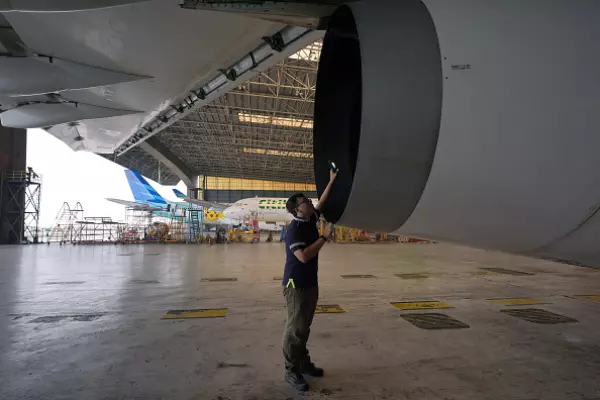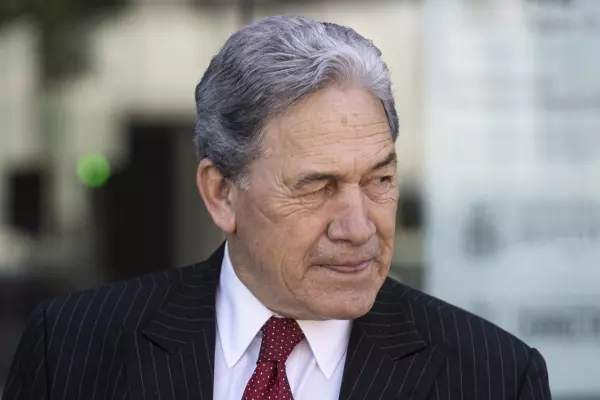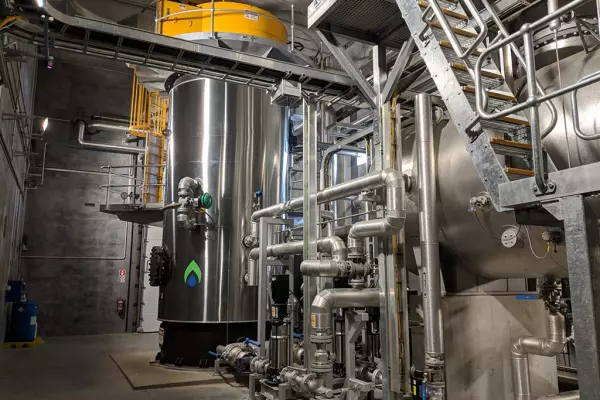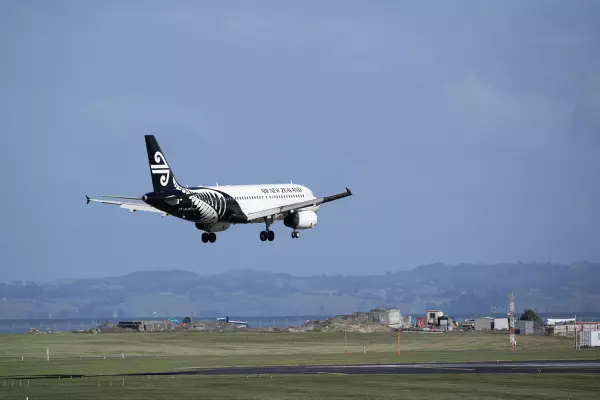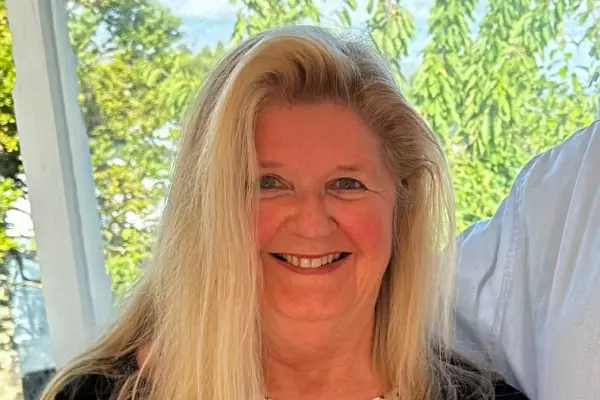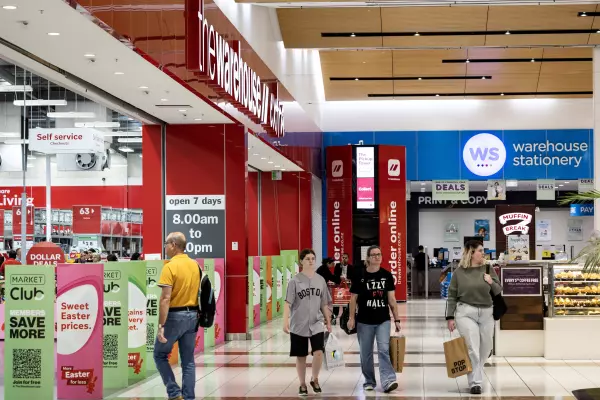Government ministers are examining how to extend the wage subsidy scheme after the initial 12 weeks and are considering cashflow replacement grants for small and medium-sized businesses hard-hit by the lockdown required to beat the covid-19 virus.
Finance Minister Grant Robertson today singled out the retail and hospitality sectors, which are unable to trade under the current lockdown and will be constrained to takeaway or contactless delivery options when the country moves down a notch to alert level 3 from next Tuesday morning.
Robertson also left open the possibility that, if there were reversals in the country's progress in eliminating the virus, there could be a delay in easing restrictions.
Asked whether the move to level 3 just before midnight next Monday evening was a final decision, Robertson said: "That is absolutely our hope."
Robertson and Small Business and Revenue Minister Stuart Nash were asked repeatedly about what more the government might be planning for businesses struggling after weeks without cashflow at today's hearing of Parliament's pandemic response select committee.
Upfront payment
The 12-week wage subsidy programme had been paid up-front in the knowledge that businesses might be trading again before the 12 weeks was up but in recognition that businesses would also be facing other costs, such as rent, leases and rates, Robertson said.
"Where we go from here, we are starting to look at," he said. "Clearly, some particular sectors will be more affected than others. We have a range of options."
Neither Robertson nor Nash pushed back at the suggestion that cashflow replacement grants could be one of those options.
Robertson also reacted positively to a suggestion from National MP Gerry Brownlee that business owners who had given personal guarantees – sometimes a lien on their family home – as part of a commercial rent agreement for their premises should be offered a 'safe harbour' provision from that guarantee. This would be similar to the safe harbour provisions announced to protect otherwise viable businesses that might be facing insolvency because of the collapse in trade during the covid-19 response period.
'Vulnerable' and 'viable'
Nash emphasised the government was focused on "vulnerable, viable businesses", a distinction that leaves out businesses that may have been failing commercially before the lockdown began.
Robertson also urged SME owners to go back to their banks about the government-backed lending scheme announced earlier this month but which only became formally operational last weekend.
"The Business Loans Guarantee Scheme is fully up and running," he said. "I encourage any small business owner who perhaps contacted their bank two to three weeks ago to go back. I think the banks...are in a much better position to look at it. I have a strong expectation for the banks to look pragmatically at their customers."
BusinessDesk reported earlier today that trading banks are offering commercial loans under the scheme, which is 80 percent government-guaranteed, at similarly low rates to those available for home mortgages, a traditionally less risky form of lending.
Much of today's questioning from MPs on the select committee focused on the plight of small and medium-sized retail businesses that had not been allowed to trade, even though they might have been able to implement physical distancing rules just as well as dairies, supermarkets and petrol stations, which are continuing to trade during the lockdown because they have been deemed 'essential' industries.
Australian approach
National and Act MPs also grilled both ministers repeatedly on whether the more lenient Australian approach to lockdown would not have been a better option for New Zealand.
Robertson and Nash argued:
- Australia and New Zealand were likely to emerge from level 3-style lockdown at about the same time;
- a hard lockdown was the best way to ensure the New Zealand economy would recover quickly;
- not all states were doing the same things;
- the Australian government was taking media heat for not copying New Zealand; and
- it was better to focus on the fact that both countries looked likely to emerge in better shape than many other economies around the world.
"I can appreciate the national sport that is comparison with Australia but, overall, we can be pretty satisfied with where we are," Robertson said.


.jpg)

